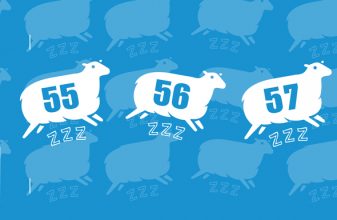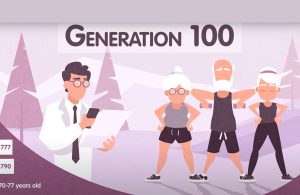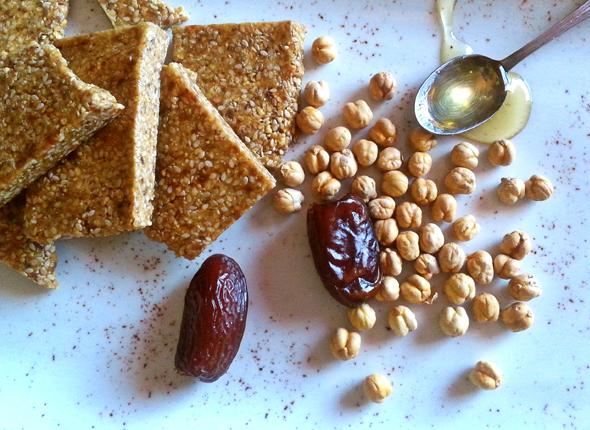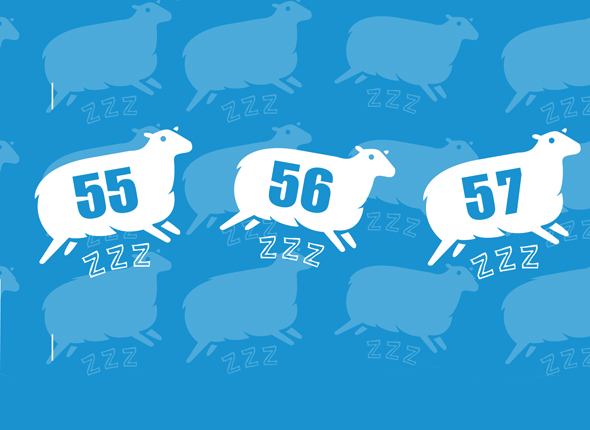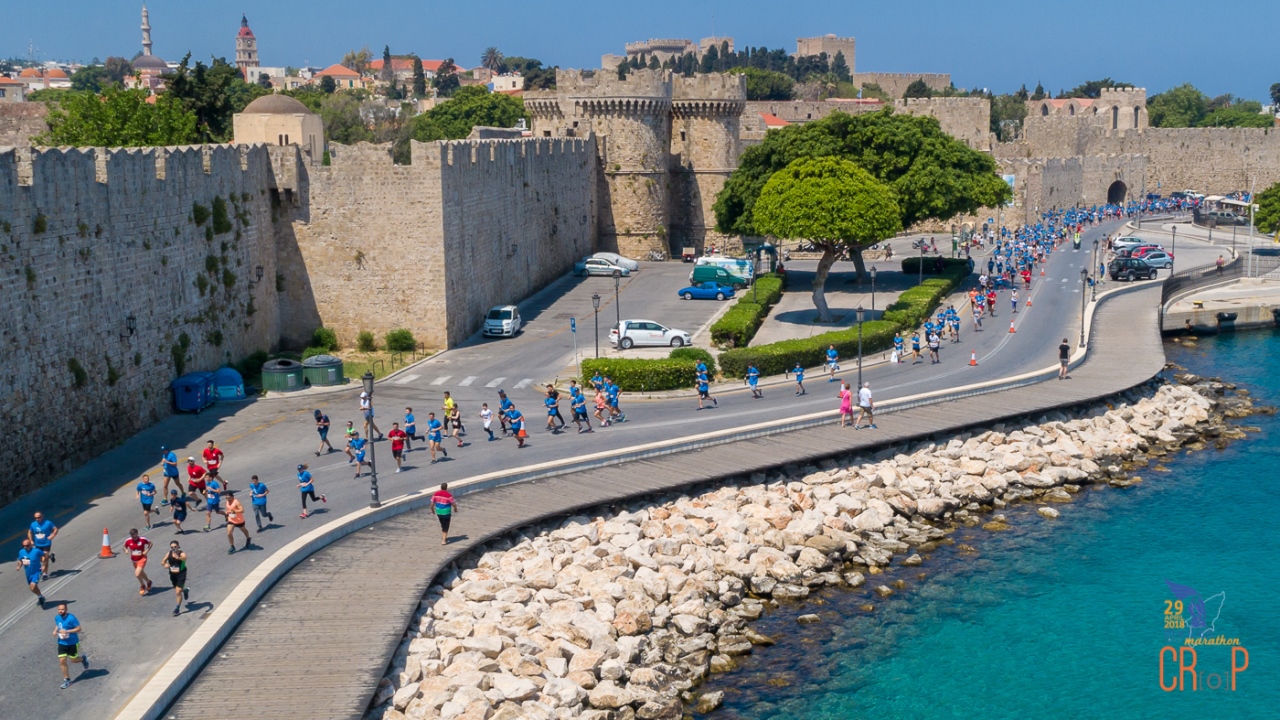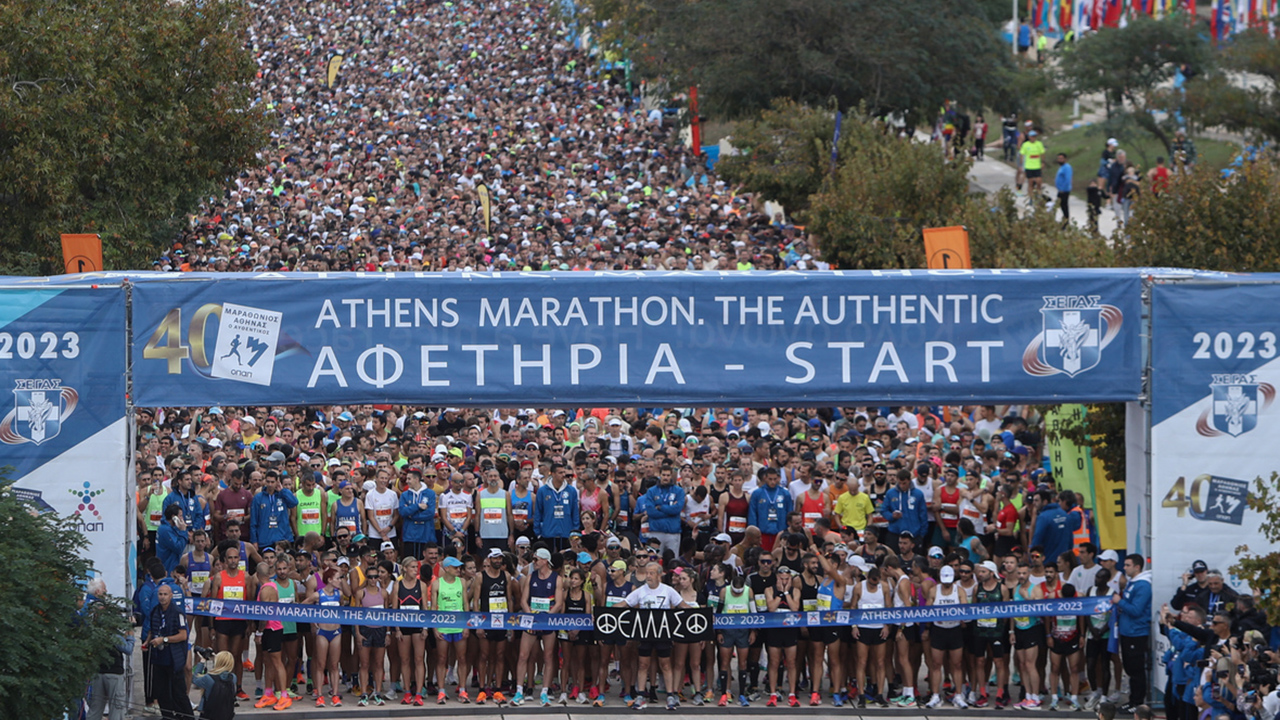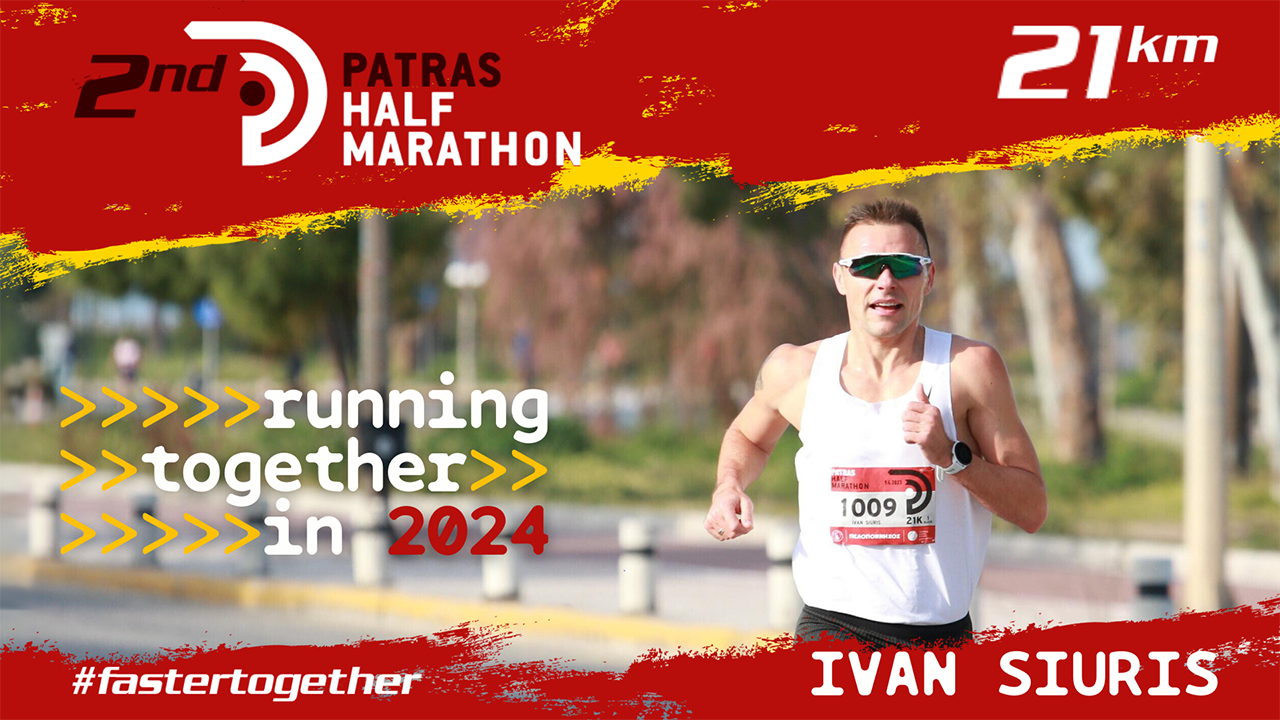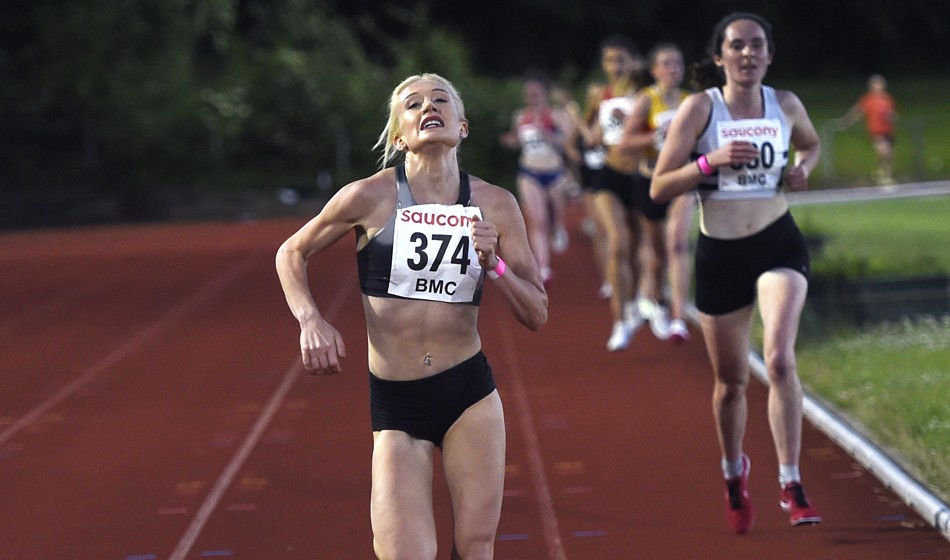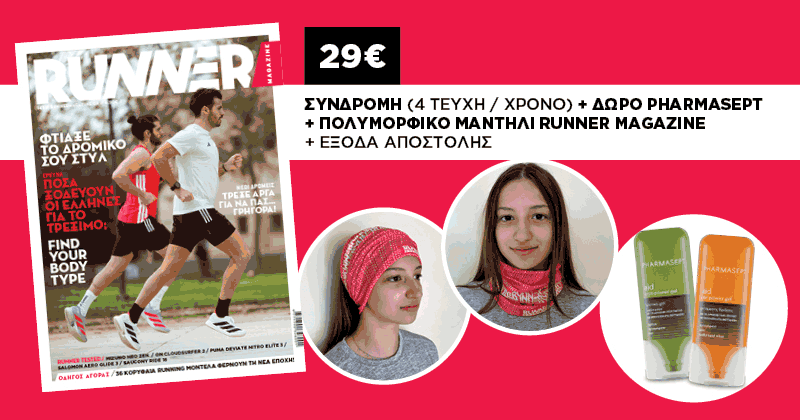It is a condition that many long distance runners have encountered to a kind of point. Find out how to deal with it before it turns into something unpleasant, but also how to ensure that you will never (again) experience it!
The signs
Mild
• Pale
• Intense and unjustified sweating
• Feeling hungry
• Dizziness
• Headache
Extreme
• Tachycardia
• Numbness around the mouth
• Nervousness
• Feeling very tired or weak
• Loss of consciousness to a greater or lesser degree
Cause
• Prolonged and / or intense training in combination with a limited carbohydrate diet
• No planned meals
• Intense alcohol consumption
• Eating a high glycemic index (enough sugar) before exercise
• Fasting diabetes management disorder (Diabetes mellitus)
The medical diagnosis
When the blood sugar level falls below 50-60 mg / dl (normal values 70-115) and some of the above symptoms coexist.
Treatment
Immediate but careful administration of digestible foods with sugar by mouth (fruits, candies, energy drinks, etc.).
Prevention
• Proper eating habits
• Regular intake of meals-snacks
• Increased fluid intake
• Avoid drinking alcohol before training / competition
• Good energy recovery after each workout / race
• Energy training plan in training and competition (gels, liquids, carbohydrates, etc.)
• Respect for signs
• Avoid faster rhythms than those of your training sessions




